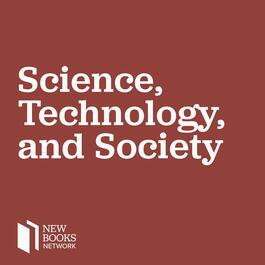
Meta-Practice (on Chinese Medicine)
Today I sit down with Volker Scheid, an interdisciplinary scholar and longtime practitioner of Chinese medicine. Together, we take an intellectual deep dive into his thoughts about the importance of blurring disciplinary boundaries and how “meta-practice” can make sense of the many different kinds of Chinese medicines. Along the way, Volker and I discuss the commensurability of Chinese medicine and biomedicine, the importance of connecting the self with the ten thousand things, and how premodern ideas can be the basis of a new politics for modern times. If you want to hear more from experts on Buddhism, Asian medicine, and embodied spirituality then subscribe to Blue Beryl and don’t miss an episode! PLEASE NOTE: Shortly, we will be changing our name to Black Beryl. Your subscription will automatically update and no action is necessary on your part. Thanks for your continued support! Resources mentioned in this episode: Volker’s website Volker Scheid, Chinese Medicine in Contemporary China: Plurality and Synthesis (2002) Volker Scheid, Currents of Tradition in Chinese Medicine 1626-2006 (2007) Paul Unschuld, Chinese Medicine: A History of Ideas (2010) Annemarie Mol, The Body Multiple: Ontology in Medical Practice (2003) Pierce Salguero, “A Polyperspectival Asian Medicine Practice” (2020) Slavoj Žižek, “From Western Marxism to Western Buddhism” (2001) Volker’s blog Pierce Salguero is a transdisciplinary scholar of health humanities who is fascinated by historical and contemporary intersections between Buddhism, medicine, and crosscultural exchange. He has a Ph.D. in History of Medicine from the Johns Hopkins School of Medicine (2010), and teaches Asian history, medicine, and religion at Penn State University’s Abington College, located near Philadelphia. www.piercesalguero.com. Learn more about your ad choices. Visit megaphone.fm/adchoices Support our show by becoming a premium member! https://newbooksnetwork.supportingcast.fm/science-technology-and-society
From "New Books in Science, Technology, and Society"


Comments
Add comment Feedback